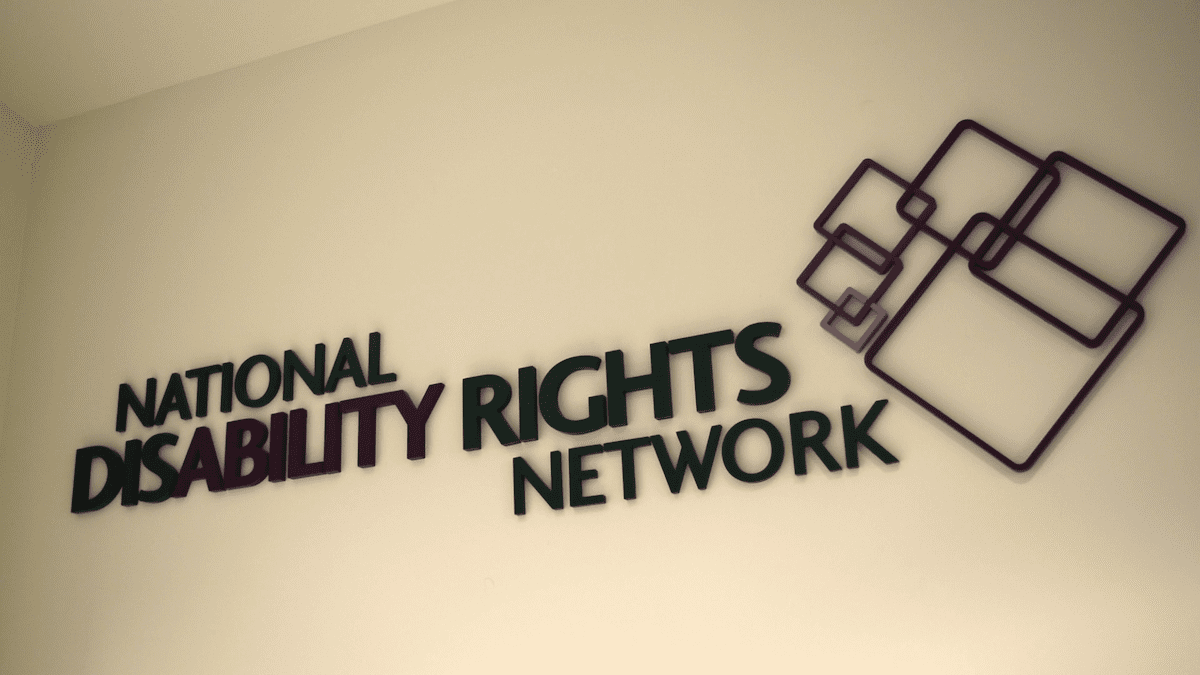
PESP presents at National Disability Rights Network annual convening
June 25, 2025
For decades, the landscape of Intellectual and Developmental Disability (IDD) services has been characterized by small, regional non-profit providers. But in recent years, a powerful player has taken control of the field: private equity firms. These firms have been quietly acquiring and consolidating providers, amassing significant footholds in a sector that impacts tens of thousands of individuals across the United States.
In June, Eileen O’Grady, Director of Programs at PESP, spoke to the National Disability Rights Network (NDRN) during their virtual conference about the growing role of private equity firms in home and community-based services (HCBS) for people with an IDD. Drawing from a recent report from PESP called Private Equity in Intellectual and Developmental Disability Services, Eileen and her co-presenter, NDRN’s Cory Bernstein, offered a look at how this extractive business model is negatively impacting care for countless Americans.
Private equity-owned companies, now major providers of services and products for people with disabilities, often prioritize short-term profits over quality care. Eileen explained that this business model can lead to reduced staffing, lower wages, inadequate training, and diminished oversight, resulting in a decline in service quality and, in some cases, serious harm to individuals receiving these services.
One notable example involves NeuroRestorative, owned by private equity firms Centerbridge Capital and Vistria Group, operating residential facilities in Florida. Last year, NeuroRestorative faced an investigation for repeatedly violating Florida’s care standards. The state fined the company $13,000 and moved to revoke its license due to allegations of physical abuse by initiating inappropriate and excessive restraint, failure to comply with restraint and seclusion guidelines, inadequate facility maintenance, and insufficient staffing and training. Despite these repeat violations affecting client health and safety, the state ultimately decided against revoking the license, citing that it was in the best interest of all parties to keep NeuroRestorative open.
Eileen and Cory urged advocates to scrutinize private equity ownership, push for stronger oversight, and develop both individual and systemic advocacy strategies to hold these companies accountable. They also emphasized the urgent need for transparency and regulation to ensure that financial interests do not overshadow the rights and well-being of people with an IDD.
